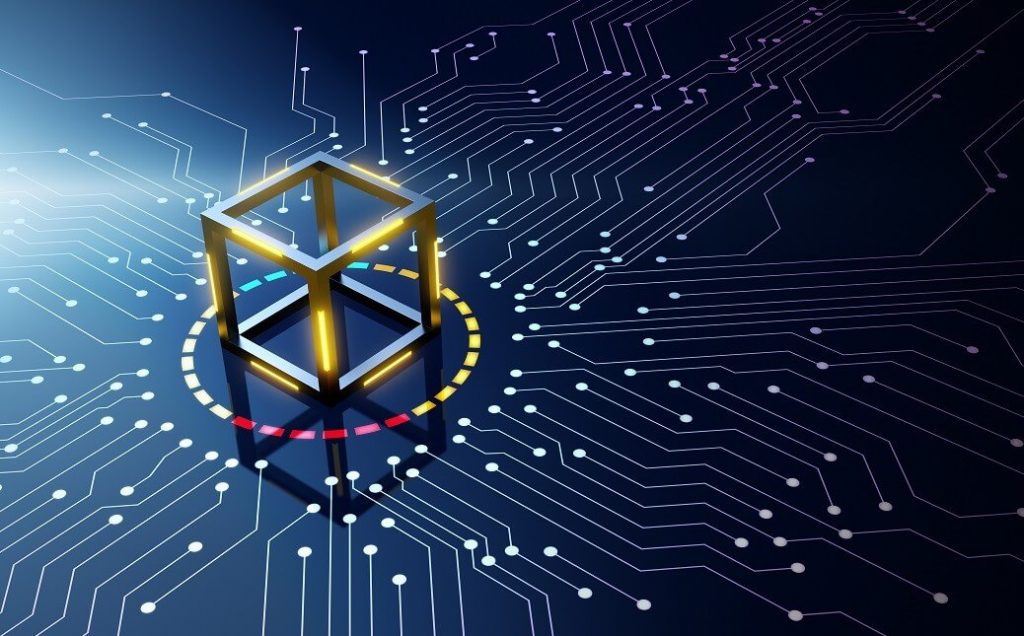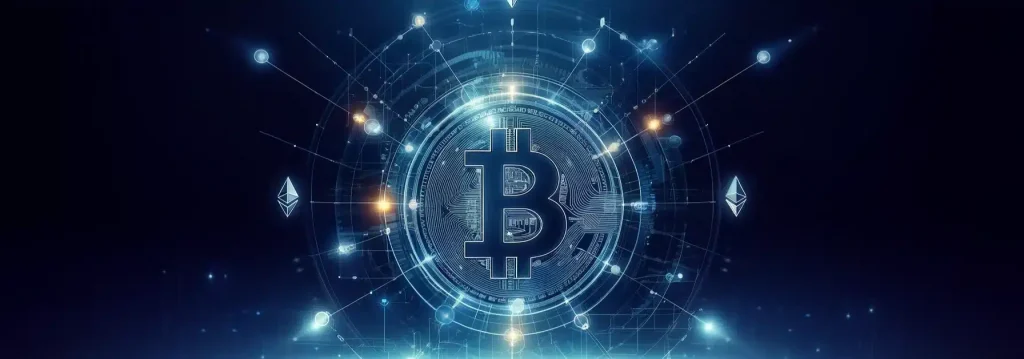
Best Crypto Nodes: Unlocking the Future of Decentralized Finance
By Deeprivermedia
- Blockchain , News ,
- 07 Sep
In the fast-paced world of blockchain technology and cryptocurrency, there’s always something new to discover. Whether you’re an avid crypto enthusiast or just beginning to explore decentralized finance, understanding key concepts is crucial. One such concept is the crypto node. What exactly are nodes, and why are they so important to the ever-evolving ecosystem of digital currencies? In this article, we’ll explore the world of crypto nodes, discuss their essential roles in blockchain networks, and highlight some of the best crypto nodes worth your attention. Prepare to dive into a world that is driving the next generation of digital innovation.
What are Crypto Nodes, and Why Are They Important?
At its core, a crypto node is any computer or device that participates in a blockchain network by maintaining a copy of the distributed ledger and ensuring its security. Nodes are responsible for verifying and validating transactions, adding new blocks to the blockchain, and relaying important data across the network. In a decentralized system, such as Bitcoin or Ethereum, every node plays a vital role in ensuring the integrity and transparency of the blockchain. Without them, the entire structure of decentralized finance would collapse.

What makes nodes so significant is their ability to make blockchain networks more secure and less vulnerable to attacks. The more nodes there are in a system, the more decentralized it becomes, reducing the risk of any single point of failure. This decentralized structure is what makes blockchain so attractive, especially in a world where centralized financial systems often suffer from inefficiencies, corruption, and cyber-attacks. Simply put, nodes keep the blockchain alive and trustworthy.
Types of Crypto Nodes: From Full Nodes to Light Nodes
There are several types of crypto nodes, each with its own unique purpose and level of responsibility. Below is a breakdown of the most common types:
| Type of Node | Description | Resource Requirements |
|---|---|---|
| Full Node | Stores entire blockchain history and verifies transactions independently. | High (storage, processing power) |
| Light Node | Stores only block headers and relies on full nodes for transaction verification. | Low (ideal for mobile devices) |
- Full Nodes: These are the backbone of most blockchain networks. They store the entire history of the blockchain, from the first block to the most recent. They independently verify transactions and blocks without relying on external sources. Bitcoin’s full nodes are an excellent example of this critical function.
- Light Nodes: In contrast, light nodes (or lightweight nodes) don’t store the entire blockchain history. Instead, they download block headers and rely on full nodes for transaction verification. This allows them to operate on devices with limited storage or computational power, such as smartphones or low-capacity computers.
Best Crypto Nodes to Consider in 2024
If you’re thinking of running a node, here are some of the best options available for enthusiasts in 2024:
- Bitcoin Full Node: Bitcoin, being the pioneer of blockchain technology, relies heavily on its full node operators to maintain the integrity of its decentralized network. Running a Bitcoin node enhances network security and gives operators more control over transactions.
- Ethereum Node: Ethereum’s nodes are central to its vast ecosystem of decentralized applications (dApps) and smart contracts. With Ethereum 2.0’s transition to Proof of Stake (PoS), validators and nodes play an even more pivotal role in network security and transaction validation.
- Dash Masternode: Dash uses a unique two-tier node structure. While regular nodes verify and relay transactions, masternodes add features such as InstantSend and PrivateSend, making Dash an appealing choice for those seeking enhanced functionality.
| Node | Network Role | Potential Rewards |
|---|---|---|
| Bitcoin Full Node | Maintains network security, verifies transactions. | No direct rewards, supports decentralization. |
| Ethereum Node | Supports Ethereum dApps and smart contracts, validates transactions in PoS. | Staking rewards. |
| Dash Masternode | Provides additional network services like InstantSend. | Earns a portion of transaction fees. |
Key Benefits of Running a Crypto Node

Running a node offers several advantages:
- Increased Network Security: Nodes ensure the blockchain is more resilient to attacks.
- Support for Decentralization: More nodes mean a less centralized, more trustless system.
- Potential for Rewards: Depending on the blockchain, node operators may receive rewards.
- Transaction Control: Full node operators can independently verify their transactions.
- Contribution to Innovation: Participating in blockchain networks helps drive the future of decentralized finance.
Crypto nodes are the invisible foundation that supports the entire structure of blockchain technology. Whether it’s through running a full node or a lightweight one, these powerful entities ensure security, transparency, and decentralization in a rapidly evolving financial landscape. As the blockchain space continues to grow, so too will the demand for robust, efficient nodes capable of handling an ever-increasing number of transactions. By understanding the best crypto nodes and their importance, you’re not just learning about another tech trend — you’re exploring the future of digital finance.
Further Reading:
About Me
Hi, I’m Nigel Erdman! With over a decade in the crypto space, I specialize in market analysis and blockchain strategy. My mission is to help individuals and businesses navigate the complex world of cryptocurrencies with clarity and confidence. Whether you’re just starting out or are a seasoned pro, I’m here to share insights that help you stay ahead in the digital finance landscape.




